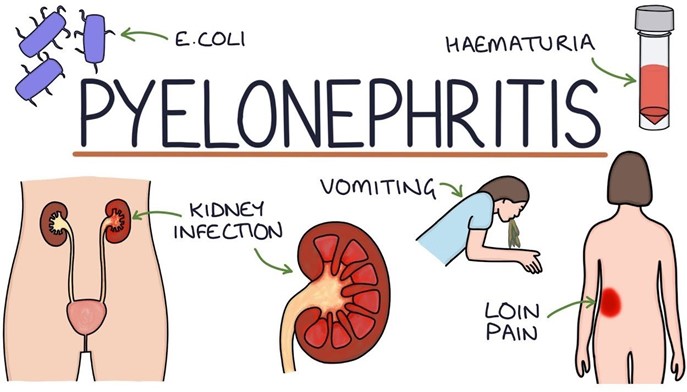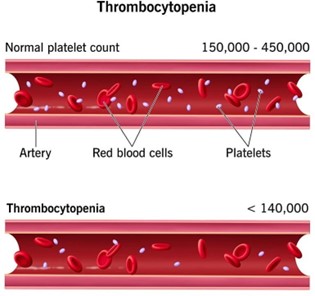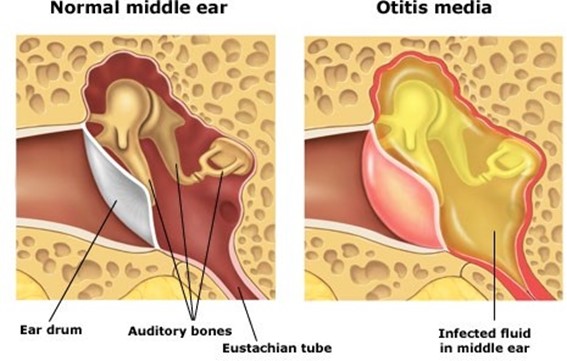A primigravida who is at 10-weeks gestation is hospitalized on the antepartum unit for pyelonephritis. The client tells the practical nurse (PN) that she has had several episodes of nausea. When reviewing her lunch menu, which food should the PN discourage her from choosing?
Cheeseburger and French fries.
Baked chicken with rice.
Pasta with steamed vegetables.
Baked potato chips and lemonade.
The Correct Answer is A
During pregnancy, it is important for the client to consume a balanced and nutritious diet that includes adequate protein, vitamins, and minerals. However, clients with nausea and vomiting may have difficulty tolerating certain foods, particularly those that are high in fat or spicy. Cheeseburgers and French fries are typically high in fat and can exacerbate nausea, making them a poor choice for a client with this symptom.
Baked chicken with rice and pasta with steamed vegetables are both healthier options that can provide the client with adequate nutrition.
Baked potato chips and lemonade may be a suitable snack for some clients, but the high salt content of the chips may exacerbate fluid retention, which can be a concern for clients with pyelonephritis. The PN should encourage the client to choose healthier options and avoid foods that are likely to exacerbate her symptoms.

Nursing Test Bank
Naxlex Comprehensive Predictor Exams
Related Questions
Correct Answer is B
Explanation
Acute leukemia can cause thrombocytopenia, which is a decrease in the number of platelets in the blood. Platelets are essential for blood clotting, and a low platelet count can result in heavy menstrual bleeding. Therefore, reviewing the client's platelet count is the priority in response to the client's statement. The other laboratory data may also be important to assess, but platelet count is the most relevant in this situation.

Correct Answer is A
Explanation
Explanation: Acute otitis media is a common childhood illness that refers to an infection of the middle ear. It occurs when the Eustachian tube, which connects the middle ear to the back of the throat, becomes blocked and fluid accumulates in the middle ear. This fluid provides a breeding ground for bacteria, leading to infection and inflammation. Symptoms of acute otitis media can include ear pain, fever, irritability, and difficulty hearing. It is important for the PN to provide accurate information to the mother and to explain the treatment plan, which may include antibiotics and pain relief measures, as prescribed by the healthcare provider.

Whether you are a student looking to ace your exams or a practicing nurse seeking to enhance your expertise , our nursing education contents will empower you with the confidence and competence to make a difference in the lives of patients and become a respected leader in the healthcare field.
Visit Naxlex, invest in your future and unlock endless possibilities with our unparalleled nursing education contents today
Report Wrong Answer on the Current Question
Do you disagree with the answer? If yes, what is your expected answer? Explain.
Kindly be descriptive with the issue you are facing.
